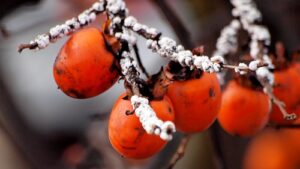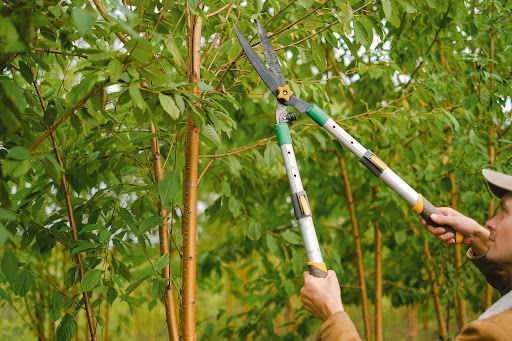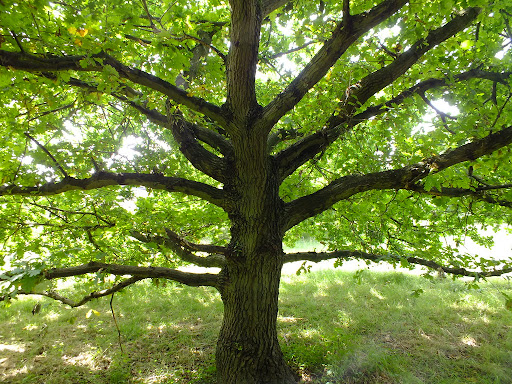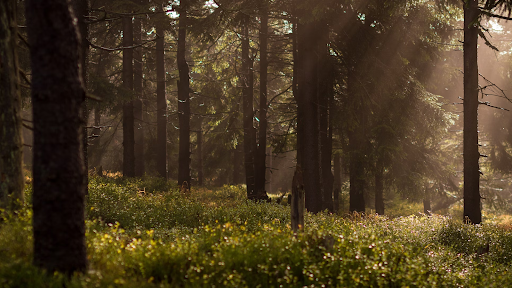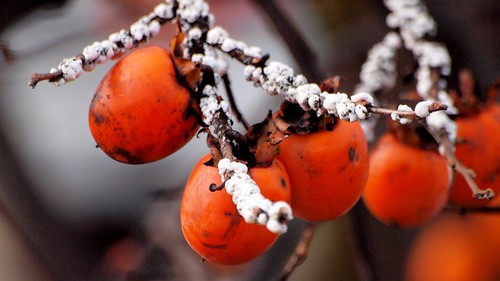
What Are Tree Scales?
Date March 16, 2023
If you notice small bumps suddenly growing on the stems or branches of your Dallas-Fort Worth area trees, you might have an infestation of tree scales. You’ll want to have a professional arborist treat this common insect problem before the tree becomes severely weakened or damaged.
What Are Tree Scales?
Image via Flickr by coniferconifer
Tree scales are a type of insect that sucks the sap of trees, shrubs, and plants. Tree scales don’t look like normal insects and are often hard to detect. There are two types of tree scales — soft and armored — and both types of these tree scale species use needle-like mouthparts to suck resources away from the plant. Tree scale insects have six legs. When young, they travel along the branches of the trees feeding. Once they become adults, they stay in one spot feeding from the host plant.
Soft Scale Characteristics
Soft tree scale species include lecanium scale, crapemyrtle bark scale, and magnolia scale with the following characteristics:
- Shaped like round bumps.
- Larger than armored tree scales.
- Produce a liquid called honeydew.
- Have a cotton-like or waxy substance over their bodies.
Armored Scale Characteristics
Armored tree scale species include pine needle scale, oyster shell scale, and euonymus scale with the following characteristics:
- Shaped like a flat sphere.
- Smaller than soft scales.
- Have a hard protective shell.
- Do not produce honeydew.
How Do I Identify Tree Scales?
As you look at the branches of your trees, you’ll notice they’re covered with small bumps, either with a cottony or waxy-looking substance or with a hard scaly appearance. The leaves of the infested tree or plant will have brown or yellowish leaves that drop prematurely. Often, the branches or twigs will die back as the tree scales continue to suck sap from the plant.
If your tree has a soft tree scale infestation, you’ll see the sticky honeydew substance deposited around the infested limb. Honeydew secreted by tree scales attracts sooty mold which can cause further harm to the tree or plant.
How Do I Treat Tree Scales?
The healthier your tree is, the more resistant it is to pests, insects, or diseases. A professional arborist can analyze the soil around your trees to see if it needs fertilization to help boost its nutritional value. In addition, an arborist can keep the tree pruned to allow sufficient sunlight and airflow to help keep insect infestations away.
If they do notice either soft scale or armored tree scales, they’ll apply a technical treatment to eliminate the insects. Armored tree scales are a bit more challenging to eliminate because of their protective shell. The arborist will have a better success rate treating armored tree scales in the early stages of their development.
If you have tree scales, contact our team of ISA-certified arborists at TreeNewal today so we can eliminate them before they cause further damage. We are a full-service sustainable tree care company servicing the Dallas-Fort Worth area. Call us today at 817-809-3263 or contact us through our website for any of your tree care needs.
